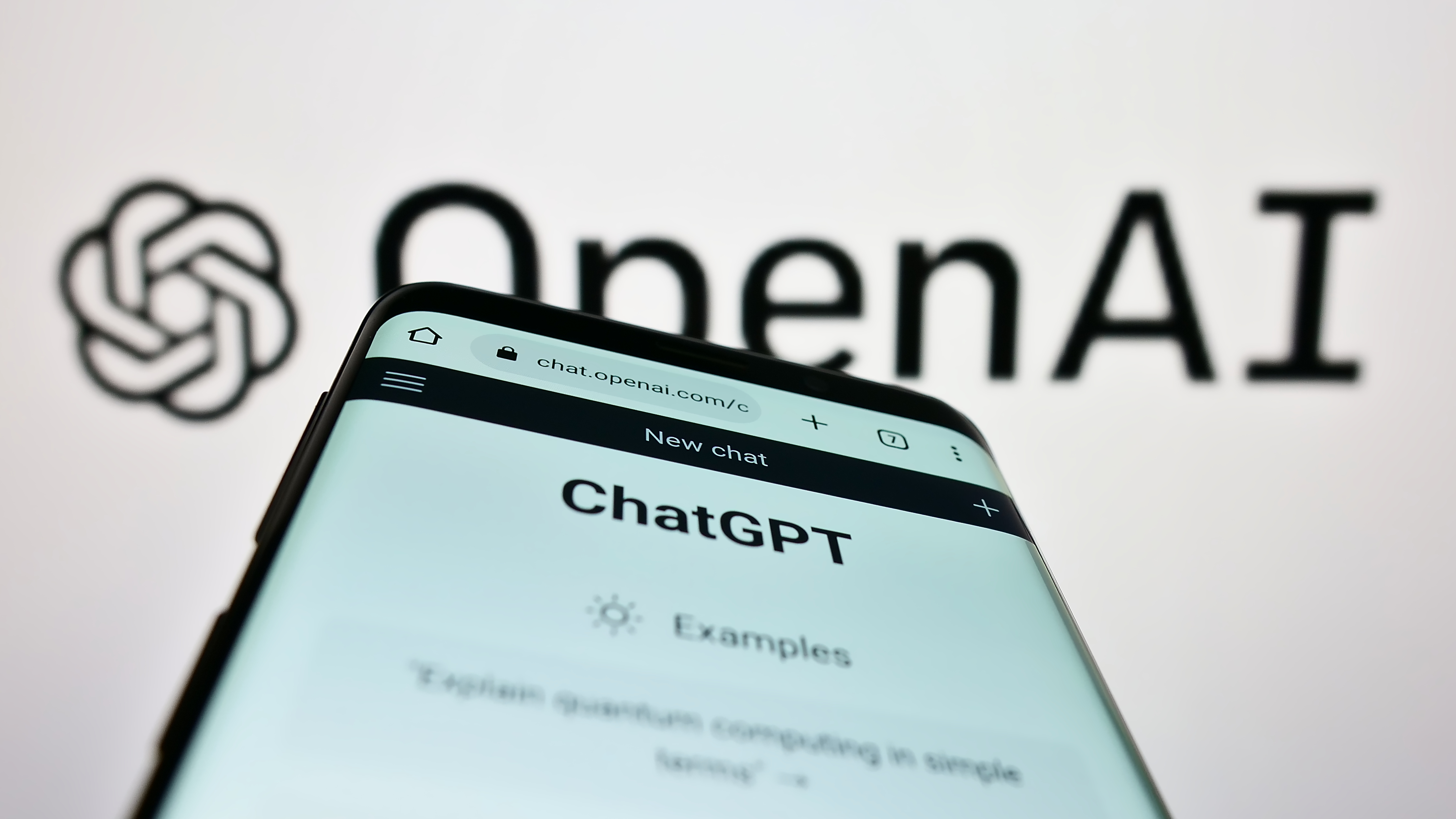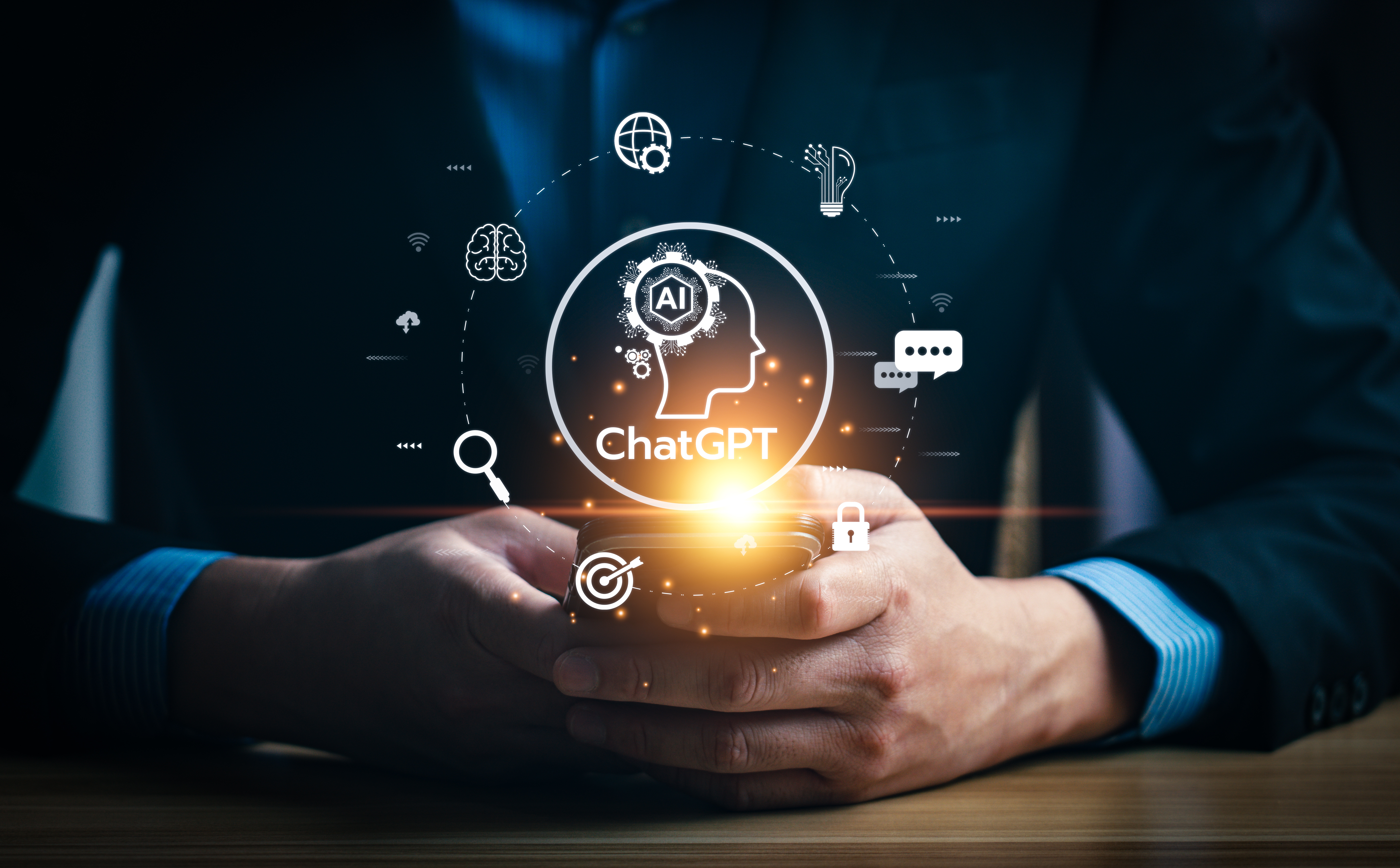By Lucia McQuillan-Puccetti and Natalie Hartley
The Veritas Times team has recently asked for the opinions of teachers and students on the new AI chat box, ChatGPT, which was launched last year in November 2022.
First of all, what is ChatGPT and why is it causing concern?
ChatGPT stands for Generative Pre-trained Transformer, and it is fed extensive amounts of data and text in order to allow the user to have a human-like conversation with it. Some worry that as ChatGPT relies solely on content from the internet, there’s a risk it will produce misinformation or biassed responses, due to false news already present on the internet. Despite this, ChatGPT has many benefits, such as the ability to automate monotonous tasks, respond to questions, explain complex concepts, write codes, as well as improving customer service in businesses. So, is ChatGPT a good thing? Let’s find out what our school thinks about it.
Student results and opinions from survey
From the survey we conducted, more than 80% of students claimed to have heard of ChatGPT, but less than 50% of students have used it and only a quarter of students have an account.
On the whole, it appears to be that students in our school community do not use ChatGPT on a regular basis as more than four fifths of students claim to have only used ChatGPT once or a few times, and 32% of students who have used it state that they’ve only used it for the purpose of testing it out.
However, 50% of students in Year 7 are unaware that there is an age requirement that you must be at least 13 years old to use it. Nearly 60% of students either find ChatGPT helpful or acceptable, despite this, almost one third regard that when people use it for work they are not putting enough effort.

Teacher results and opinions from survey
Only 45% of teachers have used ChatGPT, and similarly to students, the majority of those who have used ChatGPT was for the purpose of testing it out.
Only less than a fourth of teachers have heard students talking about ChatGPT in class and no teachers have caught any students using ChatGPT during a lesson. Nevertheless, less than a fifth of teachers claim they can tell when students have used ChatGPT for homework or classwork.
Regarding teachers’ views on this new AI chat box, more than 50% of teachers find ChatGPT to be a good innovation, yet 40% find it useful but believe that students should not use it. Despite this, 45% of teachers find ChatGPT to be a bad innovation, either due to students becoming reliant on it or that technology has come too far.
So what does this mean for students?
These results show that there is a lot of wariness surrounding this recent technology, as well as intrigue. Most students and teachers are not dependent on this service, but have used it to test it out. This shows the building curiosity of such an invention but the opinions of both the students and teachers show that more students find ChatGPT acceptable to use than teachers. This means that the younger generation are generally more accepting of this new technology.
Given the speed at which technology, in particular ChatGPT, is growing, it bodes well that the younger generation find this technology acceptable because there will be a lot more of it coming in the future. However, it should be noted that this technology should be used wisely and safely.
And what about for teachers?
Teachers not being able to tell when a student uses ChatGPT shows that most people are not always able to tell when a work has been written by a service like this or by a human. This means that whole essays can be written by one of these services and no one, besides the service user, would be able to tell.
Steven Hawking said, ‘AI is likely to be either the best or worst thing to happen to humanity.’ This can be seen through the option to plagiarise that many students all across the world could take. This can serve as a bigger problem in universities and schools, or other institutions where there is coursework, when students can get their qualifications with a plagiarised essay and are not suitably qualified for the positions they receive in later life. In degrees, such as medicine and law, this is vital as it could change the lives of others if the student has not got the right amount of knowledge to fulfil their role.
What does the future hold?
ChatGPT provides us with insurmountable opportunities, yet it is a threat if it is in the wrong hands. It is an incredible invention but we, as a society, must respect it, as it is only the first for what is to come next in the AI future.
